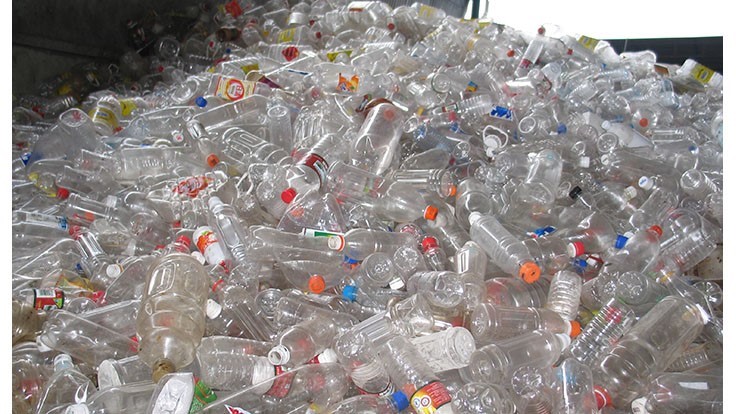ACC and its members aim for 100 percent recovery rate by 2040.
The Washington-based American Chemistry Council (ACC) and its Plastics Division have announced three goals it says “crystalize U.S. plastics producers’ commitment to recycle or recover all plastic packaging used in the United States by 2040.”
As part of that goal, the ACC says it intends “to further enhance plastic pellet stewardship by 2022.” Members of the ACC’s Plastics Division have set the following goals for capturing, recycling and recovering plastics:
- 100 percent of plastic packaging to be re-used, recycled or recovered by 2040;
- 100 percent of plastics packaging used should be recyclable or recoverable by 2030; and
- 100 percent of the U.S. manufacturing sites operated by ACC’s Plastics Division members will participate in Operation Clean Sweep-Blue (designed to minimize pellet, flake and powder loss) by 2020, with all of those manufacturing sites in North America involved by 2022.
“We are embracing the drive toward a circular economy for plastics because it helps demonstrate our overarching commitment to sustainable materials management,” says Steve Russell, ACC vice president of plastics. “In setting these goals our industry is publicly affirming our vision of the future we want for safe, sanitary plastic packaging and our intention to get there quickly.”
He continues, “Together with our value chain partners we intend to transition to increasingly circular systems for designing, manufacturing, recycling and recovering our plastic packaging resources.”
To achieve the stated goals, plastic producers plan to focus on six key areas: 1) designing new products for greater efficiency, recycling and reuse; 2) developing new technologies and systems for collecting, sorting, recycling and recovering materials; 3) making it easier for more consumers to participate in recycling and recovery programs; 4) expanding the types of plastics collected and repurposed; 5) aligning products with key end markets; and 6) expanding awareness that plastic scrap is a valuable resource awaiting its next use.
“Our industry has a long history of leading on stewardship initiatives, such as Responsible Care, and supporting recycling through research, technology, infrastructure and education,” says Rick Wagner, global sustainability manager at Chevron Phillips Chemical Co. “Today’s announcement marks the next step in this critical journey. “
Wagner adds, “Plastics producers are accelerating their commitments by building new coalitions and forging new business models that will help optimize a range of environmental, economic and societal outcomes. Some of these involve turning used plastics back into their basic building blocks so we can create new plastics.”

